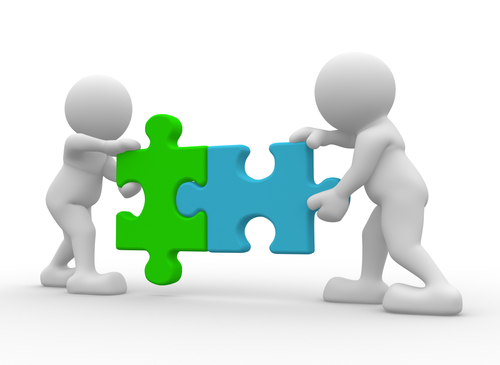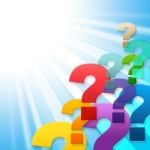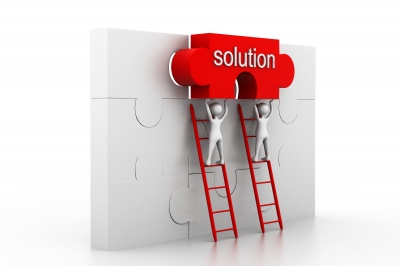What is ERP Software? What is Enterprise Resource Planning (ERP)?
ERP software is essential to promote growth, employee retention, customer satisfaction, control costs and more... Okay if you are reading this you...
2 min read
Kerry Gardner Mon, Jun 17, 2013


Working in the ERP/accounting software industry for the past 15 years I often ask myself this same question. It is my experience to define accounting software as the automatic recording & processing of accounting transactions within software modules such as accounts payable, accounts receivable, payroll, and general ledger. Accounting software functions as an accounting information system. Two examples of popular entry level accounting software packages are Sage 50 (FKA Peachtree) and QuickBooks. They are both extremely easy to use. As a company grows so do requirements. For example a growing distributor may need warehouse management functionality not available in QuickBooks or Peachtree. A growing company may need more concurrent users than Peachtree or QuickBooks can accomodate. Perhaps they require tighter security or more robust Customer Relationship Management (CRM) or HR capabilities. This is when a company may start considering replacing QuickBooks or Peachtree accounting software with Enterprise Resource Planning (ERP) software.
ERP software is more complex and expensive than accounting software. ERP software is an extensive suite of software designed to support individual departmental company specific processes. ERP software is highly customizable and can be tailored to exact business requirements. ERP software is puchased at a significant cost and usually takes a long time to implement. Doing a thorough Business Process Assessment with an ERP software expert prior to considering any ERP software packages will save significant time and money.
ERP software serves the back office accounting needs General Ledger, Accounts Payable, Accountings Receivable ERP software also can include integrated human resource management software to manage human resource department processes, integrated customer relationship management (CRM) software, integrated manufacturing software, integrated warehouse management software, integrated EDI software, integrated shipping software and integrated document management software etc.
So what is ERP? The purpose of Enterprise Resource Planning (ERP) is to bring all these separate software systems together under one automated umbrella so each department is running in synch with one another. For example, your sales people can see the back office accounting data so they don’t have to re-key any customer information into their CRM system. The sales people can also see if accounting is attempting to collect on past due accounts receivable prior to selling their clients more product. This way the sales people can work more as a team with the accounts receivable personnel to achieve goals. Another example is the sales people can view inbound marketing inquiries from the website via a pay per click marketing campaign imported into the CRM from website form. When the lead turns into a customer the back office accounting accounts receivable department can issue and invoice and start collecting on the balance due. Everyone can view the complete lifecycle of that customer. Another example can be a sales person selling product in the field viewing quantity on hand inventory via their CRM system showing the data reflected in the inventory management system. Essentially the key to ERP is integration between all departments.
In summary, accounting software is usually referred to as a software package purchased to address the needs of a smaller company. ERP software is a term used to describe software implemented to address the needs of larger companies with many departments specific unique requirements. ERP software needs to tie-in together to offer an overall picture of the business and workflow efficiencies. If your company has a lot of employees, product variations, locations, warehouses etc. it is essential to have an integrated ERP system to promote growth, employee retention, customer satisfaction, control costs etc.
Klear Systems is a Sage, Microsoft and NetSuite business partner delivering world-class ERP and CRM solutions as well as custom development and IT services to customers throughout Southern California, including Orange County, Riverside, Los Angeles, San Diego, and Irvine.
We’re a young company with a tenured staff of professionals that bring broad experience and extensive talents to every engagement. Your business success is the measure of our success. Klear System’s talented team of programmers, consultants, and technicians never stops looking for innovative ways to solve business challenges. From project-planning, implementation, custom development, and ongoing support we keep the focus on delivering a measurable return on your technology investment.

ERP software is essential to promote growth, employee retention, customer satisfaction, control costs and more... Okay if you are reading this you...

What is ERP Software? You may heard the acronym ERP (Enterprise resource planning), but what is it? ERP refers to business software and systems used...

Written by Sage 100 ERP Consultant, Lloyd Smith with Mindover Software, Austin, TX Enterprise resource planning (ERP) as a business strategy and...